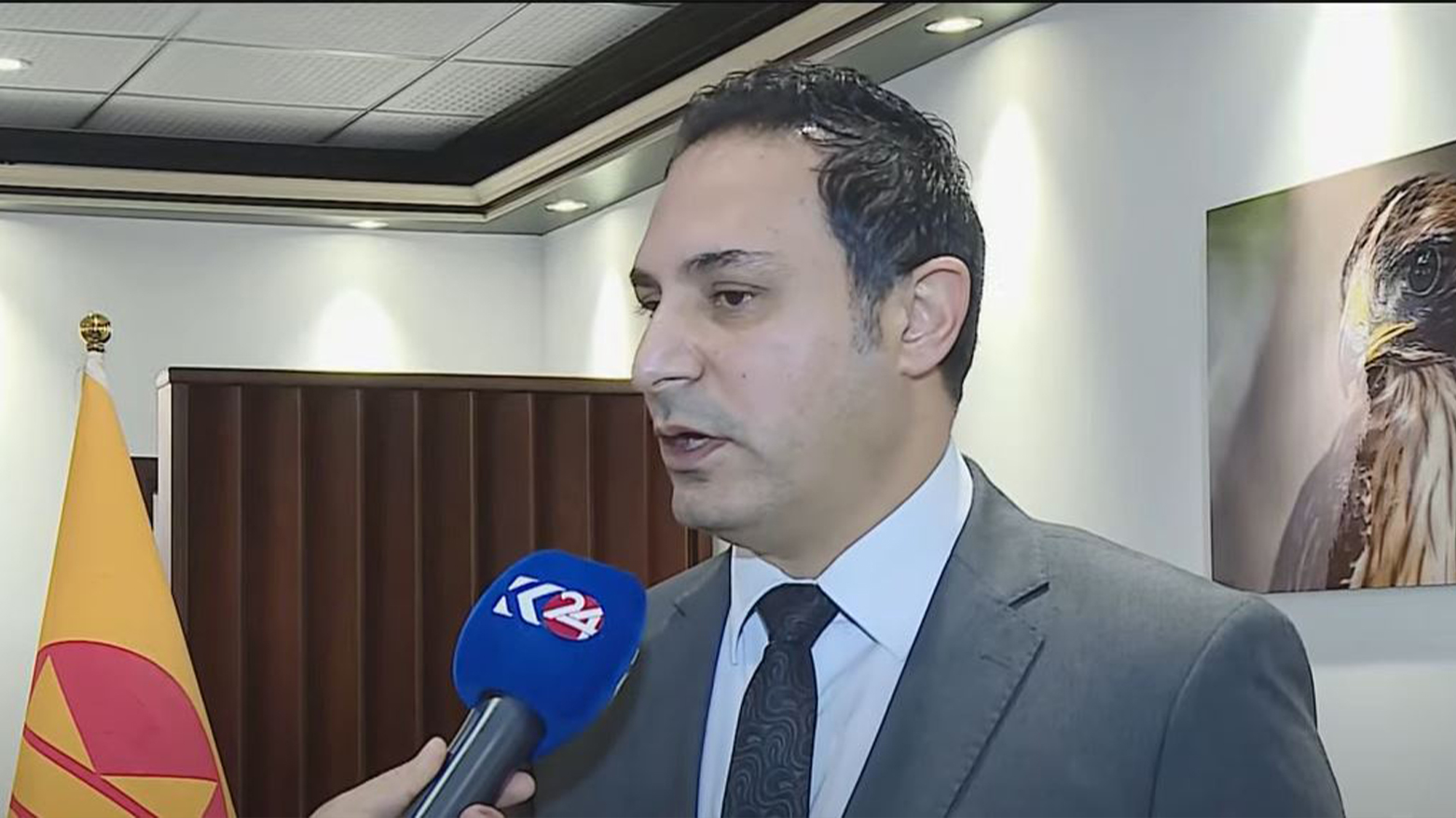Iraq Moves Closer to Finalizing Kurdistan Oil Export Agreement
Upon parliamentary approval, Dr. Subhi confirmed that Kurdistan’s oil exports would resume immediately at the agreed-upon rate of $16 per barrel, ensuring no procedural delays.

Feb. 2, 2025
ERBIL (Kurdistan24) – Iraq’s much-anticipated agreement on Kurdistan Region’s oil exports is advancing steadily, according to Dr. Sabah Subhi, a member of the Parliamentary Oil and Gas Committee.
Speaking to Kurdistan24 on Sunday, Dr. Subhi confirmed that negotiations are proceeding as planned, with Prime Minister Mohammed Shia al-Sudani expressing approval of the current legislative text in coordination with the Finance Committee.
Dr. Subhi cautioned that any alterations to the existing agreement, as suggested by some federal representatives, could complicate legislative approval and create additional impediments.
He underlined three key economic factors driving the urgency of resuming Kurdistan’s oil exports: the federal treasury has incurred losses exceeding $22 billion, operating companies require compensation comparable to industry standards, and Turkey continues to impose fees for pipeline usage from Iraq’s border to the port of Ceyhan, generating daily costs that necessitate swift resolution.
Politically, the landscape appears suitable for the agreement’s passage, with strong backing from most parliamentary blocs.
The Kurdistan Democratic Party (KDP) has coordinated successfully with other Kurdish political entities, while opposition remains largely confined to a small faction from central and southern Iraq.
These factions’ primary contention revolves around the $16 per barrel production cost allocated to Kurdistan’s oil, which they argue is higher than that of southern oil fields.
Dr. Subhi rejected these objections as politically motivated, stating that both the federal government and Kurdistan Regional Government (KRG), under Prime Minister Masrour Barzani’s leadership, have demonstrated transparency throughout the negotiations.
He characterized dissenting voices as leveraging the issue for electoral gain.
Upon parliamentary approval, Dr. Subhi confirmed that Kurdistan’s oil exports would resume immediately at the agreed-upon rate of $16 per barrel, ensuring no procedural delays.
The finalization of this pricing arrangement is expected to facilitate a swift return of Kurdistan’s oil to international markets, reinforcing economic stability and regional cooperation.